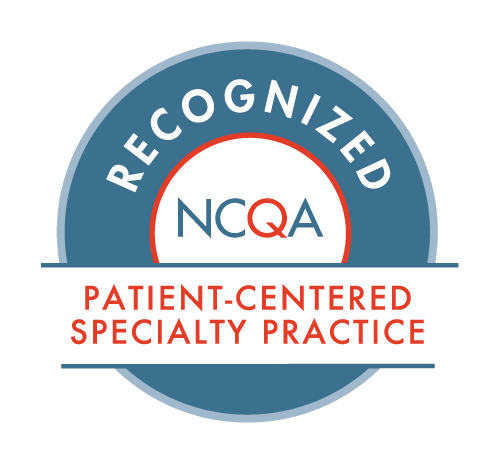Cardiomyopathy
- Posted on: Oct 15 2018
When a person has cardiomyopathy his or her heart muscle becomes enlarged, thick, or rigid. This makes is harder and harder to pump blood as the disease worsens. Plus, it becomes incapable of maintaining a normal electric rhythm. There are different types of cardiomyopathy, and they can lead to heart failure or arrhythmia.
At Hunterdon Cardiovascular Associates, our board certified cardiologists can diagnose and treat cardiomyopathy.
Are there different types of cardiomyopathy?
The main types of cardiomyopathy include dilated (left ventricle becomes enlarged and can’t effectively pump blood), hypertrophic (abnormal thickening of the left ventricle, making it harder to work properly), and restrictive cardiomyopathy (heart muscle becomes rigid and less elastic, so it can’t expand and fill with blood). A more specific form is known as arrhythmogenic right ventricular dysplasia. There are other unclassified types. “Stress-induced cardiomyopathy” is also known as broken heart syndrome.
What are the symptoms of cardiomyopathy?
In the early stages, the patient may not exhibit any signs. But as the cardiomyopathy advances, there will be signs and symptoms, such as:
- Breathlessness with exertion or even at rest
- Swelling of the legs, ankles, and feet
- Bloating of the abdomen due to fluid buildup
- Cough while lying down
- Fatigue
- Heartbeats that feel rapid, pounding, or fluttering
- Chest discomfort or pressure
- Dizziness, lightheadedness, and fainting
What causes cardiomyopathy?
The causes of cardiomyopathy are often unknown. It can be the results of another condition. This is known as acquired cardiomyopathy. Or it can be passed on from a parent, inherited cardiomyopathy.
These are some of the contributing factors for acquired cardiomyopathy:
- Long-term high blood pressure
- Heart tissue damage from heart attack
- Chronic rapid heart rate
- Heart valve problems
- Metabolic disorders, such as obesity or diabetes
- Nutritional deficiencies
- Pregnancy complications
- Alcohol abuse over long period
- Cocaine, steroid, or other drug use
- Certain infections
Treating cardiomyopathy
Treatments with the Hunterdon Cardiovascular team vary depending on the patient and the type of cardiomyopathy. They may include use of
- Prescription medications — These are used to improve pumping ability, blood flow, to lower blood pressure, to slow your heart rate, or to keep blood clots from forming.
- Surgically implanted devices — Devices can be placed in the heart to improve its function.
- Nonsurgical procedures — In septal ablation, a small portion of the thickened heart muscle is destroyed. In radiofrequency ablation, electrodes are used to damage a small spot of abnormal tissue that is sending signals causing an abnormal heart rhythm.
- Surgery — Surgery can remove parts of the thickened heart muscle wall, or a heart transplant could be necessary if all other treatment options are not working.
If you have symptoms of cardiomyopathy, please call the team at Hunterdon Cardiovascular Associates, (908) 788-1710, to make an appointment.
Posted in: Cardiomyopathy



